Time to disobey orders!
When should military pilots disobey orders? And did the wartime Luftwaffe? Interview with Dr Victoria Taylor
Dr Victoria Taylor’s new book Eagle Days looks at the 10-month Luftwaffe campaign against England in 1940-41 (the Luftschlacht um England or ‘Air Battle for England’) from the German perspective. With the resurgence of authoritarian leaders worldwide, the book raises some questions that are painfully pertinent to our own time. In the first of a series of conversations with Dr Taylor, we examine the personal moral responsibilities of aircrews in times of monstrous leadership and learn some fascinating insights about the wartime Luftwaffe.
What should those in modern air forces serving authoritarian regimes learn from the experiences of Luftwaffe personnel?
That, no matter how much their hallowed leaders may stroke their egos and adorn their breasts with shiny medals, their aviators are often a means to their own ends and are rarely the end in themselves. Autocrats and dictators do not build up their air forces with the intention of empowering their own airmen and airwomen: they strengthen their air forces as a means of underhandedly taking away power and sovereignty from others. Selling your soul to the political devil always comes at a steep price; as a Luftwaffe flight instructor noted of the German air force after the Second World War, ‘They served the devil to conquer heaven.’
It can be hard to spot the ‘red flags’ when politically conditioned to support everything that one’s government or regime is purporting, but one of the key signs – as happened with the Luftwaffe – is the pervasive nagging of one’s intuition that your orders aren’t morally justified, despite the ‘evidence’ presented to you. It might be the disquiet which stems from your war leadership moving the goalposts so subtly that you might not even notice it at first, but which ultimately puts you in a situation that looks vastly different to what you signed up for. Moments of doubt are normal and human; persistent doubt, on the other hand, gnaws away at the stomach, and it is the body’s way of indicating that a decision does not sit right with you.
What air forces of an authoritarian regime should recognise is that if a deal seems too good to be true, it normally is. After being hooked on excessive praise and exponential funding, the Luftwaffe ended up being chronically breadcrumbed through the Second World War – just one more campaign, just one more country – and when heading down that slippery path, there is only ever one way down. And, of course, you have to be careful who you put your faith in: once you get your hands dirty on their behalf, autocrats and dictators will not be there to help scrub your hands clean of the blood.
Considering an individual's moral responsibilities, at what point should air force personnel stop obeying orders? How much disobedience of orders took place within the wartime Luftwaffe?
Nowadays, the widespread ratification of international treaties should theoretically help to safeguard present-day air force personnel from making immoral, disproportionate or unethical decisions. But, as we’ve seen from the rise of drone attacks against Ukrainian civilians in the Russo-Ukraine War, this is rendered much harder to regulate when a belligerent is not adhering to the ‘same rules’ – or, indeed, is playing a different game entirely (‘special operation’ vs. illegal invasion). In the Luftwaffe’s case, this was seen in its bombing of Guernica, Warsaw and Rotterdam.
Contrary to popular belief, the Luftwaffe arguably showed a capacity to disobey military orders far sooner into the Second World War than people realise. Herbert Rieckhoff, who was the Geschwaderkommodore (‘Wing Commodore’) of Kampfgeschwader (‘bomber wing’) KG 30 during the war, recalled his alarm when reading Göring’s first telex after the Anglo-French declaration of war on 3 September 1939; it allegedly claimed that ‘the unrestricted air war against England is hereby opened.’
Rieckhoff added that ‘The second telegram referred to the first and ordered: ‘Luftflotte (‘Air Fleet’) 2 immediately opens the air war against England. To do this, it will attack the British aircraft carrier Hermes in Sheerness [northern Kent] with a chain (three aircraft) of Ju 88s.’ Rieckhoff noted that ‘Previously it was said that the sky would darken if England was attacked. Now, on Göring’s orders, three aircraft were to open the air war! In any case, Luftflotte 2 ensured that this order was withdrawn before it was carried out.’
During the interwar period, a handful of Luftwaffe airmen attempted to transfer to different units if they disagreed with their assigned tasks. Major Diethelm von Eichel-Schreiber, for instance, had recalled of the Spanish Civil War that ‘I had hated to bomb villages in Spain and asked to be transferred to a fighter unit. I was refused.’ Time and again, Luftwaffe personnel claimed after the war that certain discussions made them uncomfortable, with Adolf Galland claiming that his response to Göring’s question of whether the German airman had considered strafing parachuting RAF airmen was that, ‘I should regard it as murder, Herr Reichsmarschall’.
Speaking on the Blitz, the Luftwaffe fighter pilot Hans Ekkehard-Bob claimed that ‘the bombing of civilians was out of question for us’, though a number of captured Luftwaffe bomber airmen were overheard discussing illegal actions which they had carried out on their own initiative. One reportedly said of bombing British hospitals, for instance: ‘Well, the people are half dead anyway, and if the hospitals are bombed, no fresh casualties can be admitted.’ Another bomber airmen, meanwhile, tried bombing Hyde Park because ‘he knew there were a lot of air raid shelters there.’
Even if they felt unsettled by their orders, however, many Luftwaffe personnel fell into line with the morally questionable actions of the Nazi regime. But, it did also become increasingly difficult to protest against any unpopular actions taken by the war leadership, given how deep the Nazi practice of Gleichschaltung (political ‘coordination’) had taken root in the Luftwaffe and the Third Reich by 1939. Moreover, German aviators likely would not have wanted to rock the boat too much during the interwar period, given that they attributed much of the young Luftwaffe’s construction and consolidation to the Nazi regime.
Dr Victoria Taylor’s new book is Eagle Days
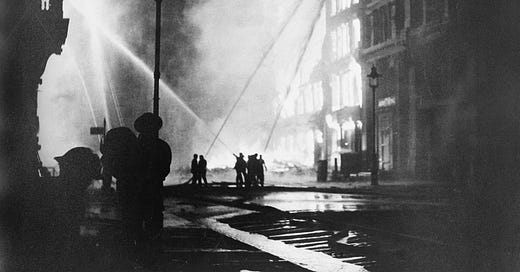



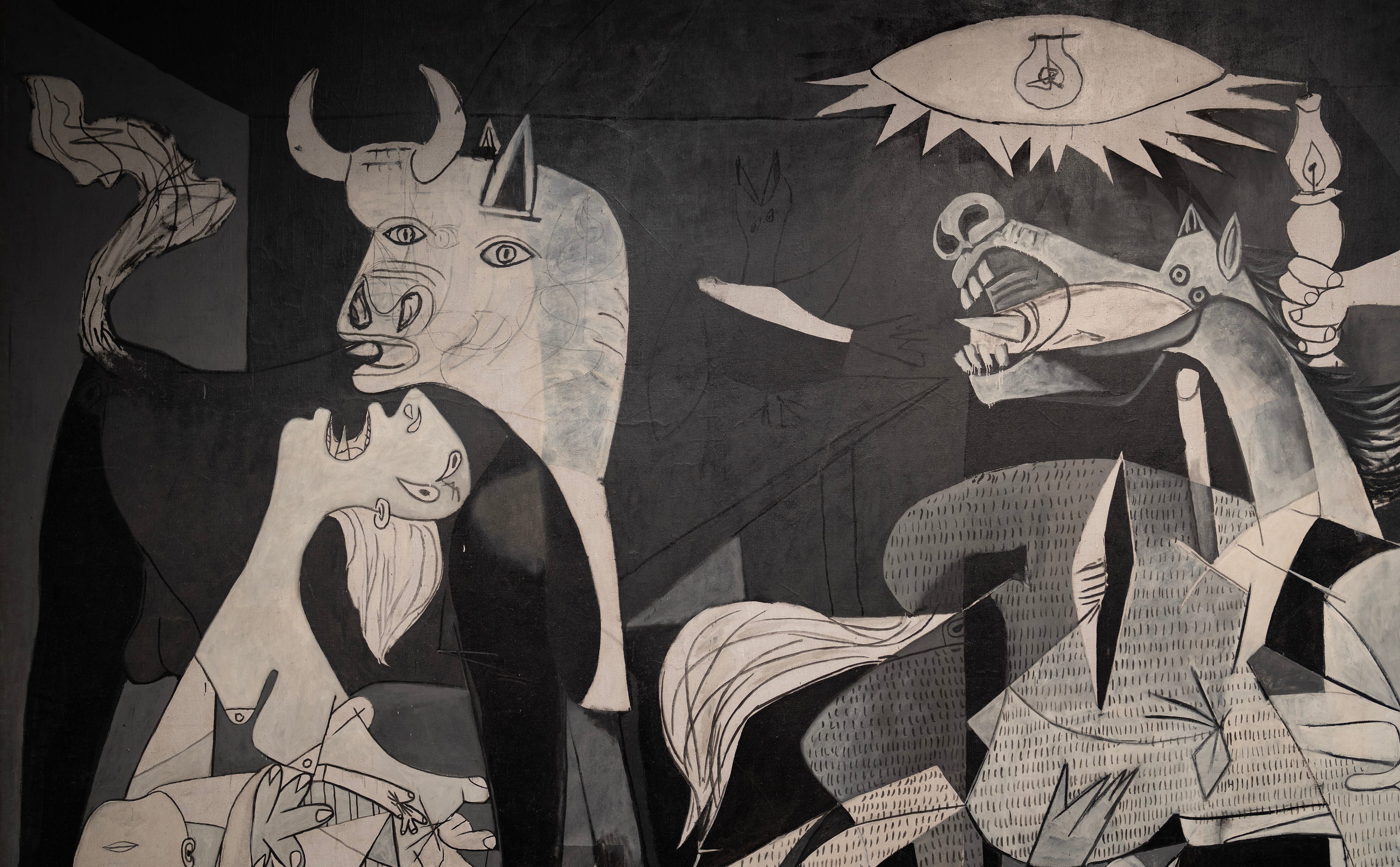
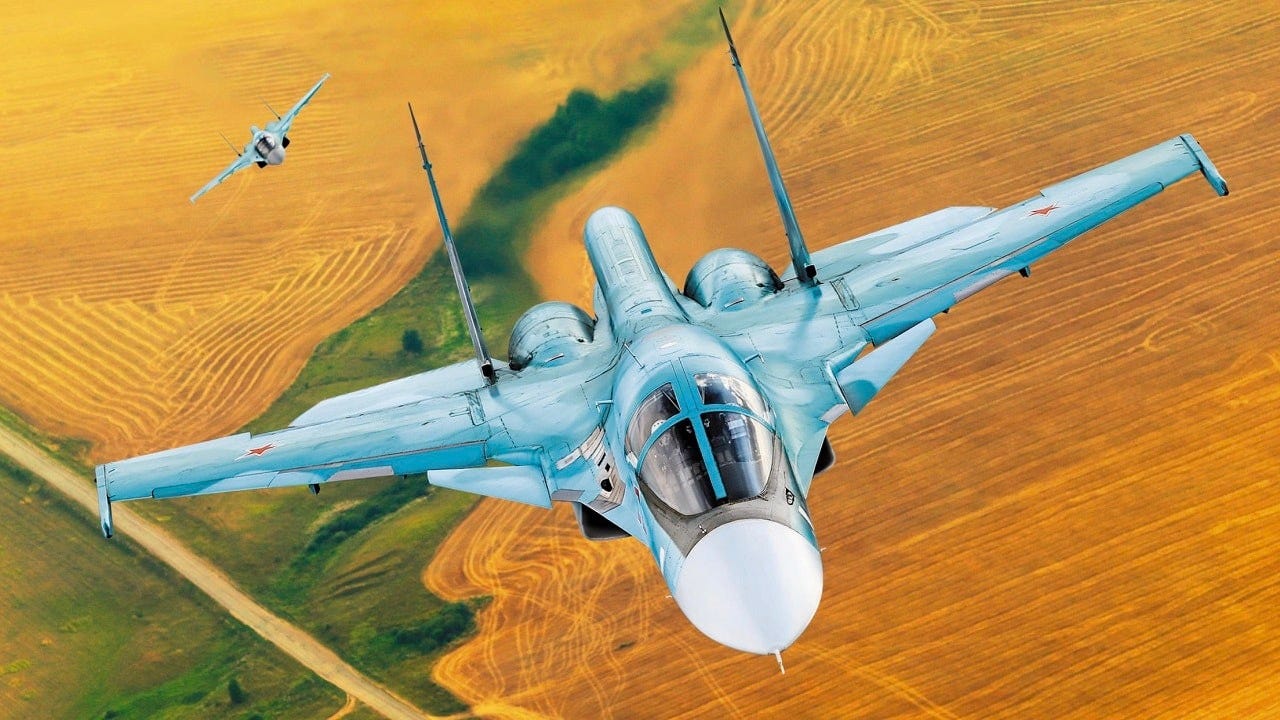
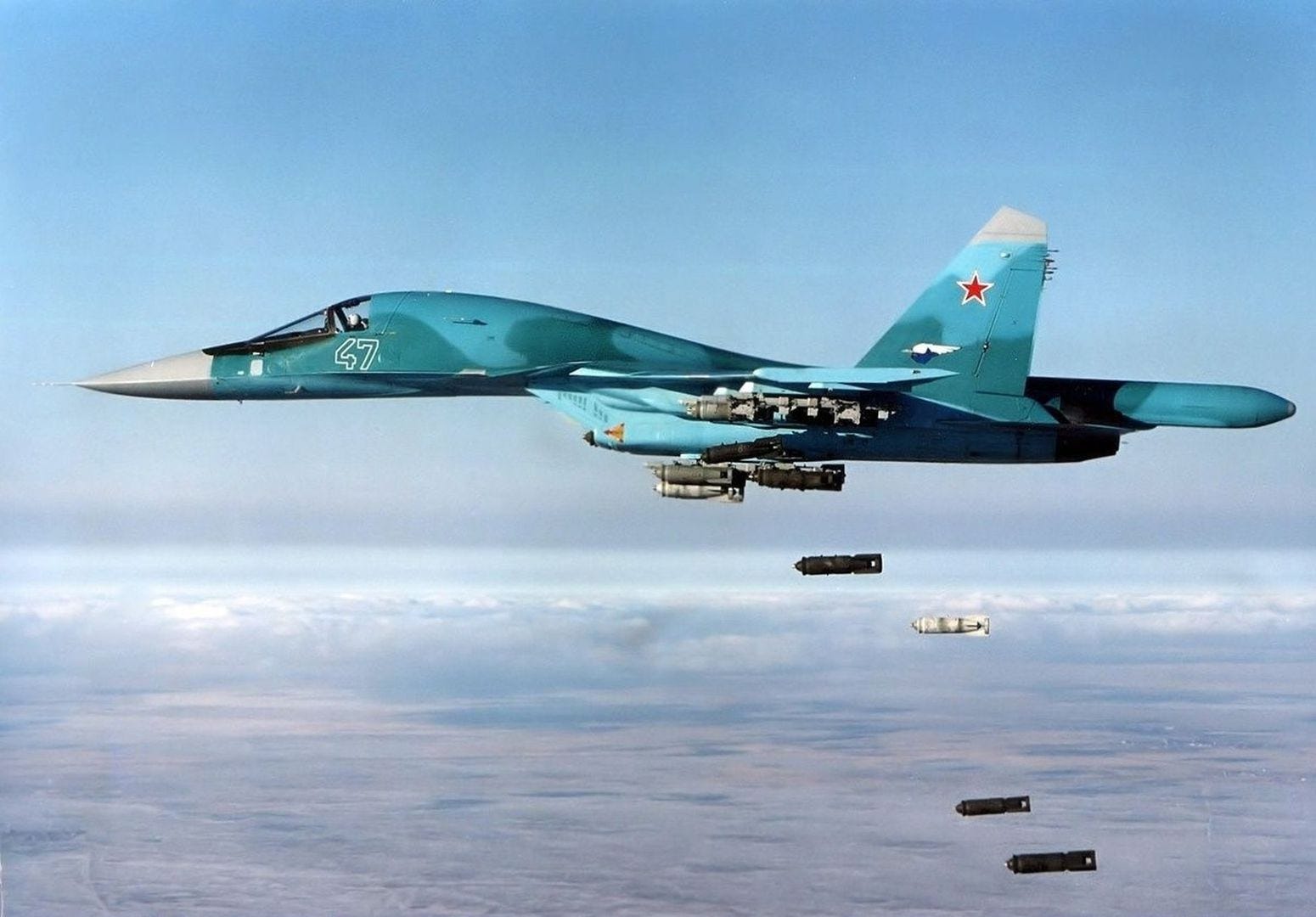
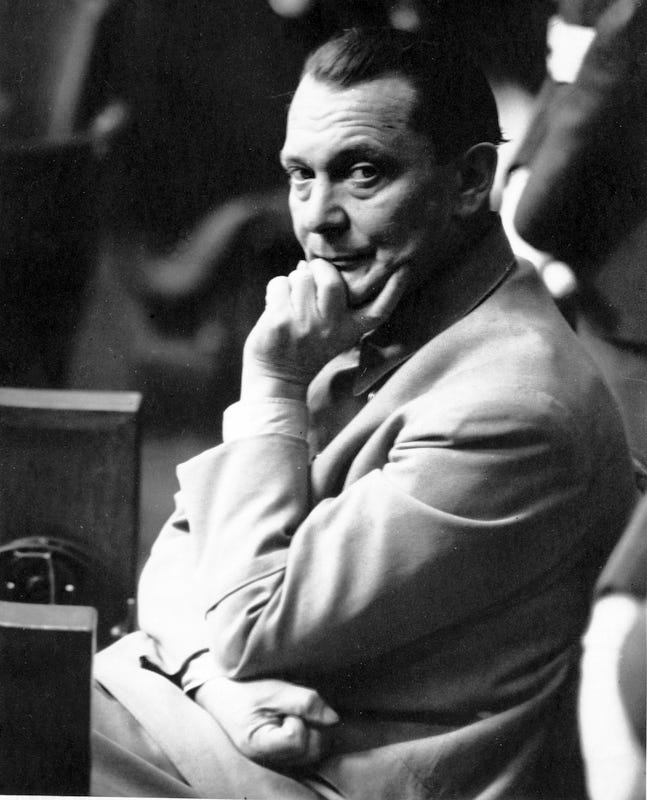
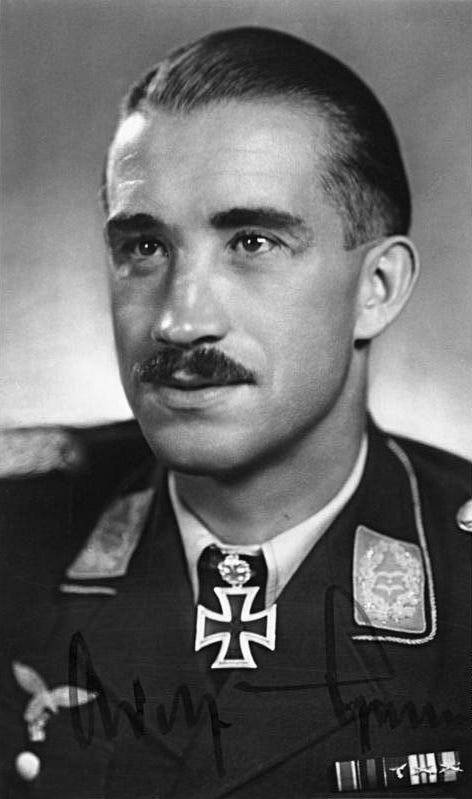
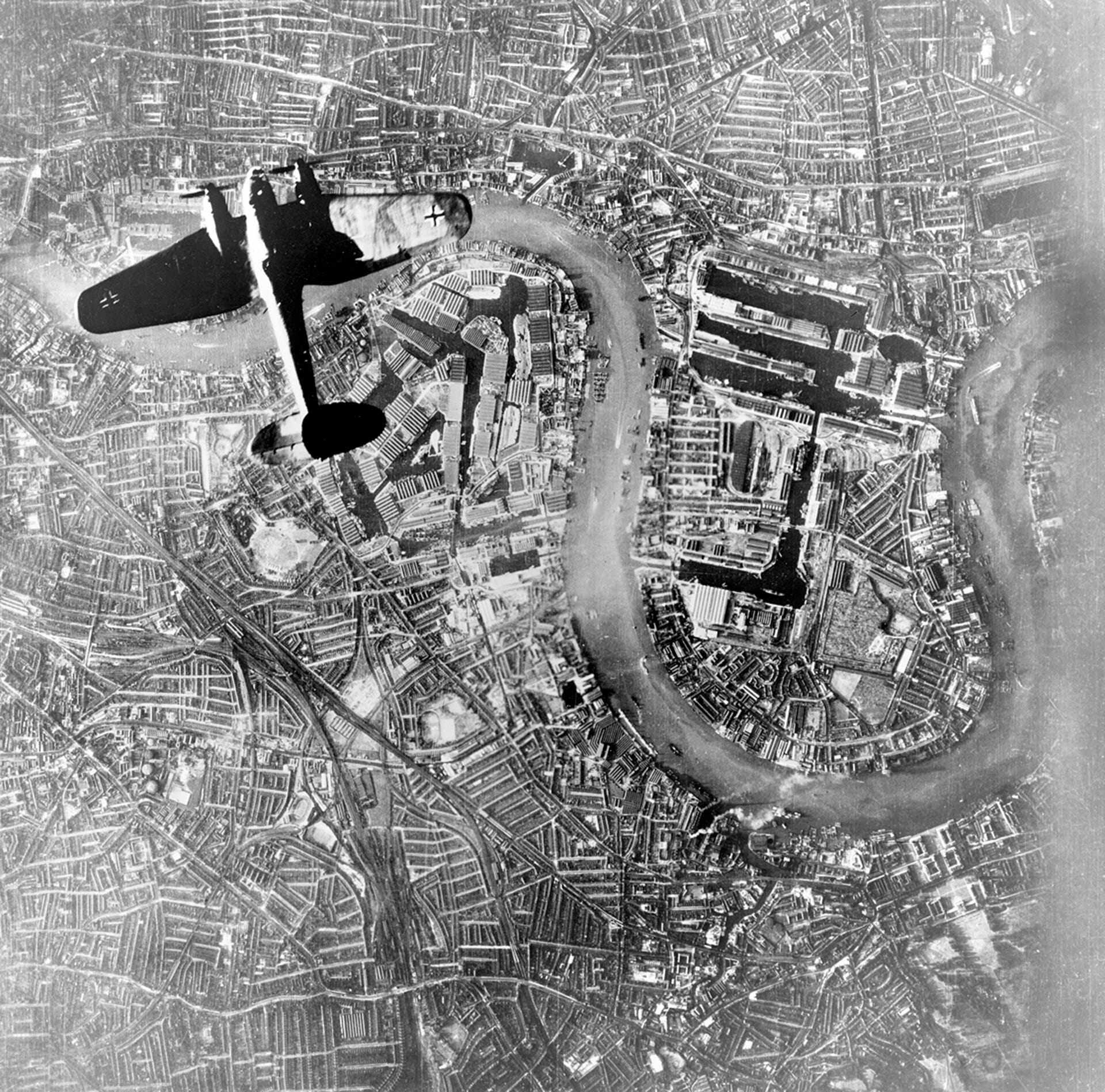
When can we expect a similar assessment of Allied bomber crews who went about their illegal orders obediently, murdering literal Millions of civilians in Dresden, Hiroshima, Cologne, etc?
What about US pilots who never flinched at dropping napalm on villagers, or carpet bombing civilians in Hanoi or Cambodia, or blowing up wedding parties in Libya, Yemen, Somalia, Iraq, or over a hundred other nations?
One supposes these people may suddenly find they have a pair of balls when directed to attack Americans (or not, as drone strikes on US citizens are now a thing), but somehow that moral clarity doesn't extend to people in other nations.